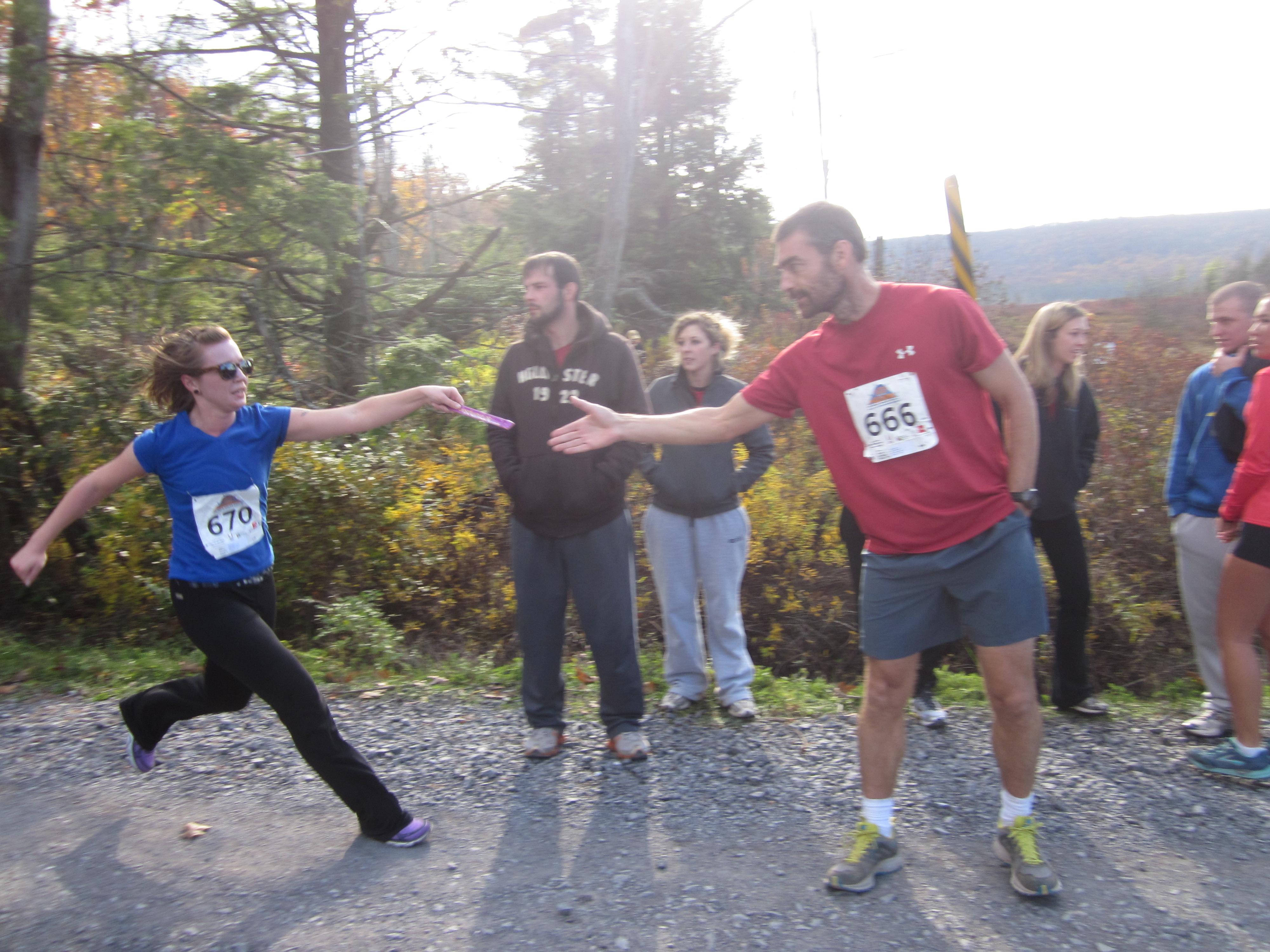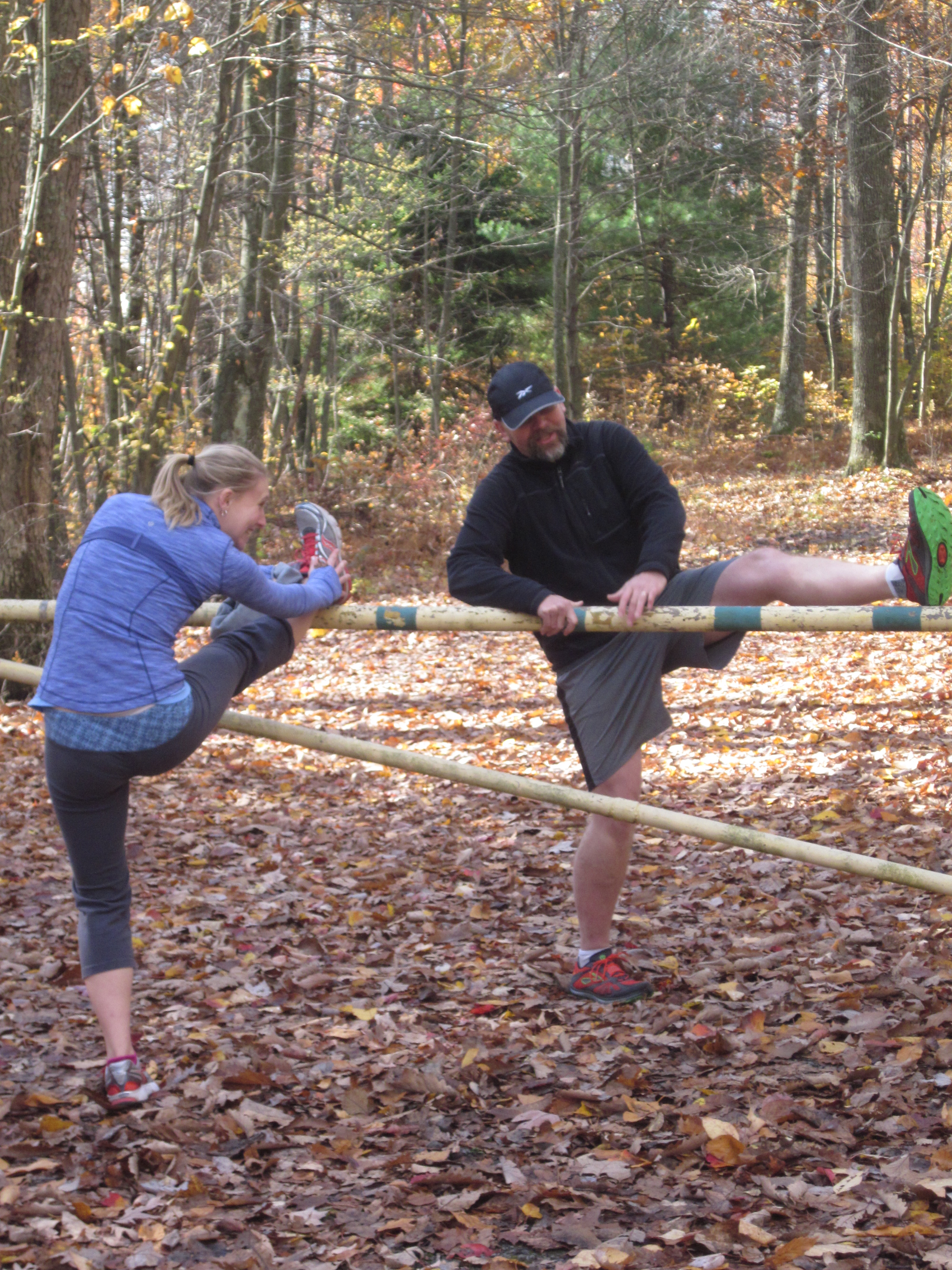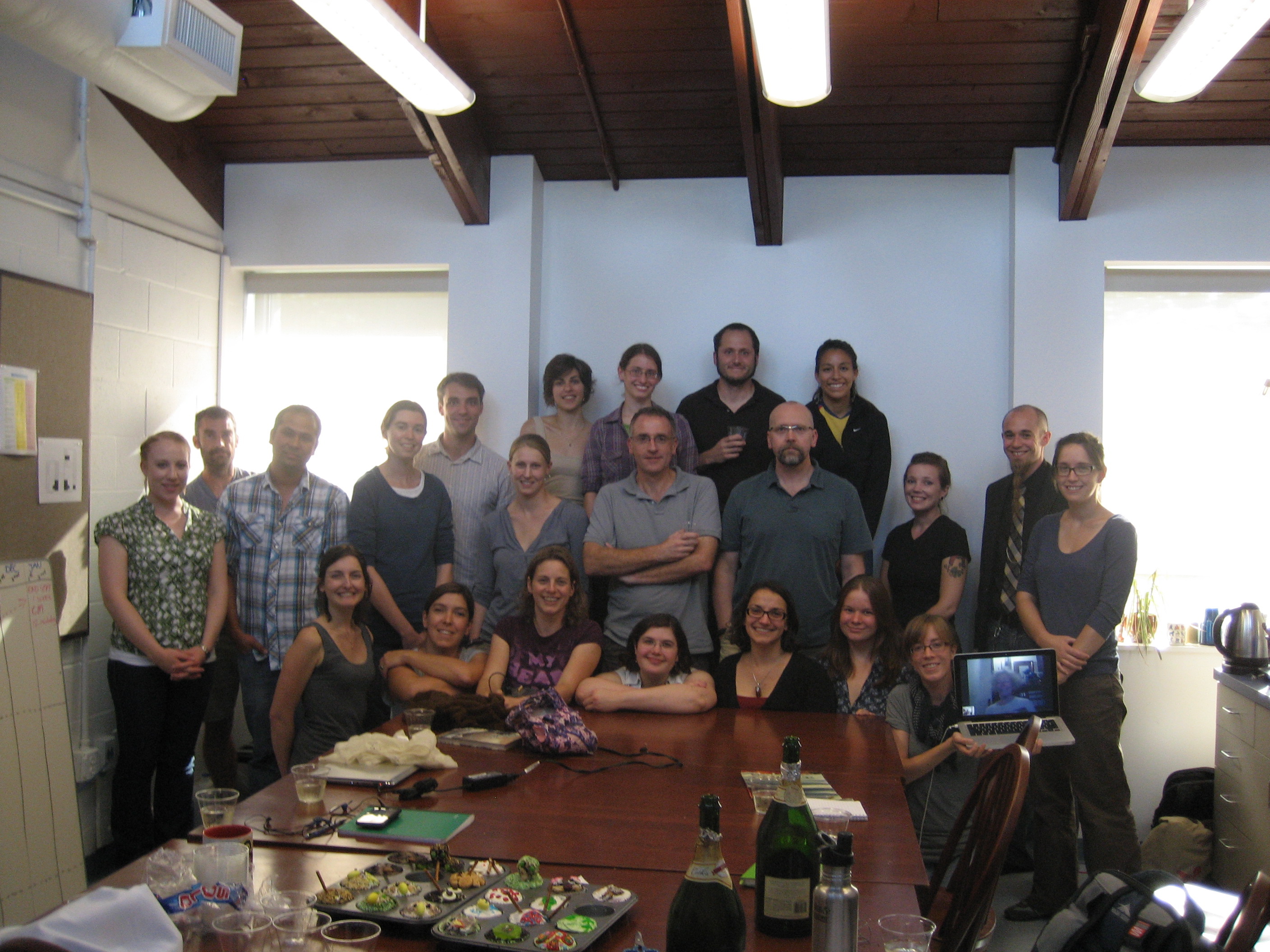If you’ve been paying attention to the United States Presidential elections, you’re probably quite familiar with the term “fact-checking”; that is, the verification of the statements and claims made by candidates. Why don’t we see more fact-checking in science? The general public seems to quickly latch on to “facts” that have been “proven” by scientific studies and then reported (and possibly mangled) by mainstream media. Is the population’s lack of skepticism and critical thinking because of our less-than-stellar STEM education? Is it because somehow, the letters attached to the end of your name are directly proportional to the amount of trust invested by the general public?
I believe it is an intertwined combination of all of the above, in addition to the fact that there is a disconnect in the pipeline from manuscript to media; and the adage “if it bleeds, it leads” holds true in the case of the ongoing controversy of Monsanto GMO corn and rats developing rather nasty cancerous tumors.
In this study, researchers claim (we’re grasping at straws here) that GM corn is a causative agent of cancer in the rats. The blogosphere ignited. Here you can have a glance at the ever-so-reputable blog “Natural News” and their handle on the study, using heavy hyperbole, and citing the Daily Mail as a source. This angered me — even when I managed to push aside the fact that naturalnews.com usually nauseates me — not only because they were incorrectly interpreting the study, but because the writing was laden with self-righteousness, and reeked of “we’re right, you’re wrong, hahahahaha”.
In a frantic attempt to get a fix of rational thinking and skepticism, I found this post by Discovery News journalist Emily Sohn. Her description of the study itself and its flaws (and why they are flaws) is incredibly succinct and, although wordier than the average blog post, easily understood by educated Americans in and outside of science. This type of pop science journalism, disseminated by major media outlets, is a necessity in bridging the gap between researchers and the general public — and the responsibility rests upon both the scientists and the journalists to clearly and truthfully communicate information.
There is no perfect solution to fact-checking mainstream media reporting science. Scientists, by nature, will always be cautious of implying direct links and causation. Journalists will always sniff out the bleeding lead. However, ethical and explicit reporting of results, and encouragement of writers such as Ms. Sohn, will keep the media from repeating this incredibly fantastic template ad nauseum.





